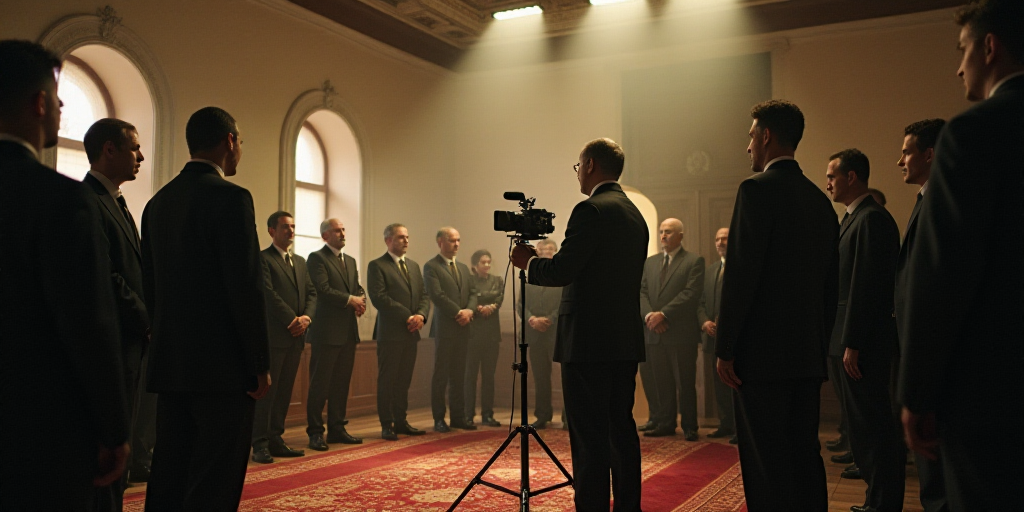Background on Nicolás Maduro and His Relevance
Nicolás Maduro, the current President of Venezuela, has been in power since 2013. He succeeded Hugo Chávez after the latter’s death, following a long political career as a union leader and foreign minister under Chávez’s administration. Maduro’s political ideology aligns with the socialist Bolivarian movement, which has significantly shaped Venezuela’s political landscape since the late 1990s.
The Election Context
On Sunday, Venezuela held regional elections for governorships and a majority of seats in the National Assembly. The elections saw Maduro’s United Socialist Party of Venezuela (PSUV) secure a landslide victory, winning all but one of the governorships and securing an absolute majority in the National Assembly. This outcome was largely due to the opposition’s decision to boycott the elections, urging their supporters not to vote.
Key Actions and Impact
- Maduro’s Party Wins Majority: The PSUV won 20 out of the 23 governorships, with Maduro’s closest political allies securing key positions. This majority grants the party significant control over regional affairs and resources.
- Absolute Majority in the National Assembly: The PSUV also secured more than 50% of the seats in the National Assembly, allowing them to push through legislation without opposition support. This supermajority strengthens Maduro’s ability to implement his policies and further consolidate power.
- Opposition Boycott: The opposing coalition, the Democratic Unity Roundtable (MUD), called for a boycott of the elections, arguing that the conditions were not conducive to free and fair voting. Their decision to abstain from the polls resulted in their near-total absence from the results.
- Impact on Venezuelan Citizens: The election outcome will likely have significant implications for Venezuela’s citizens, as the PSUV will have greater control over regional governance and policy-making. This may lead to further polarization within the country, with ongoing concerns about human rights, political freedoms, and economic stability.
Key Questions and Answers
- Who is Nicolás Maduro? Nicolás Maduro is the current President of Venezuela, who succeeded Hugo Chávez in 2013. He is a key figure in the socialist Bolivarian movement and has been instrumental in shaping Venezuela’s political landscape since the late 1990s.
- Why did the opposition boycott the elections? The main opposition coalition, MUD, called for a boycott due to concerns over free and fair elections. They argued that the conditions set by the government did not meet international standards for democratic processes.
- What does Maduro’s landslide victory mean for Venezuela? The election results grant Maduro’s party greater control over regional governance and policy-making, potentially leading to further consolidation of power and increased polarization within the country.






